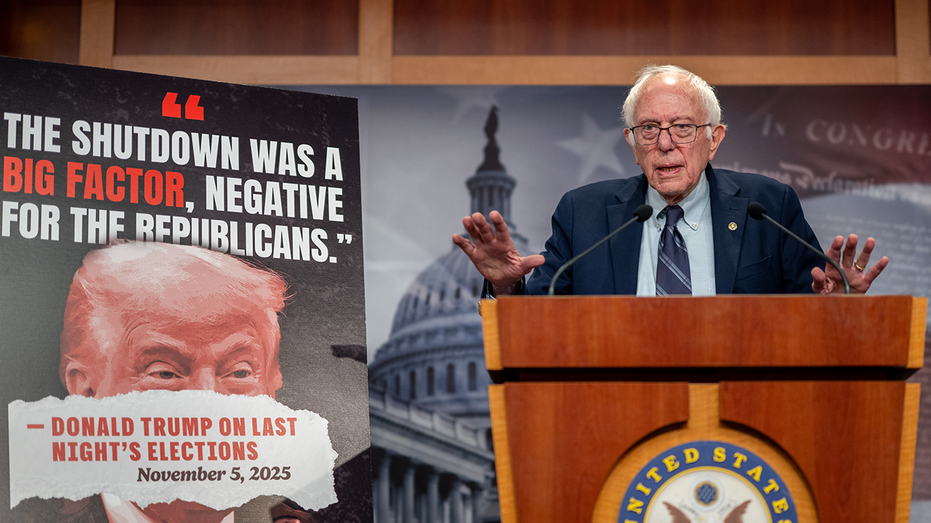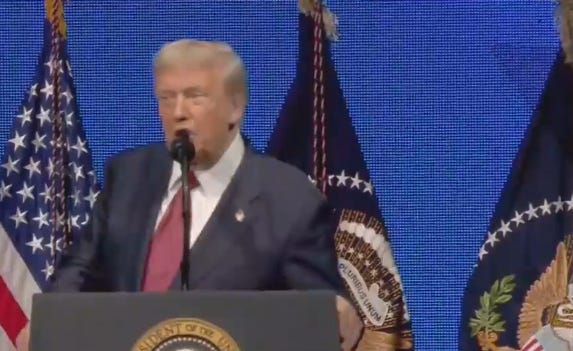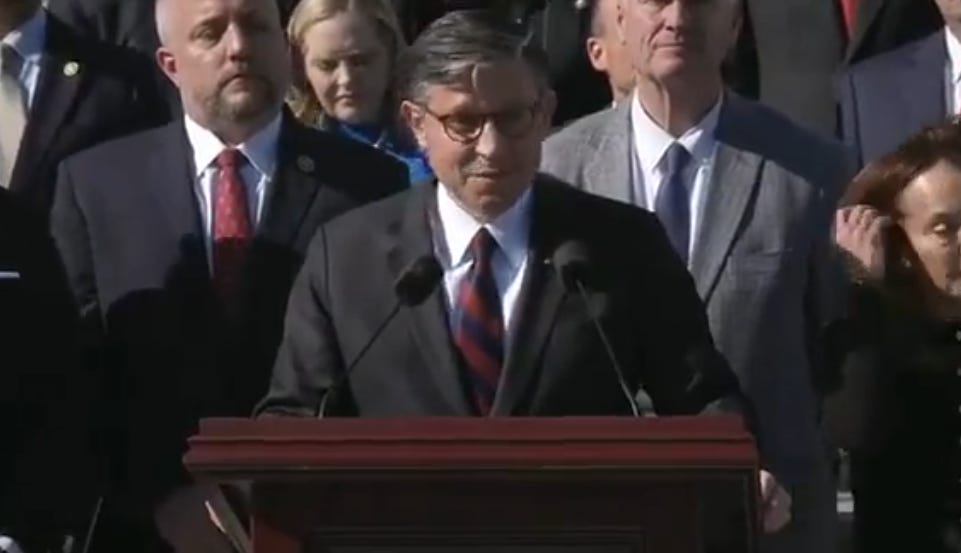A simmering tension erupted Wednesday as Senator Bernie Sanders dramatically commandeered a post-election press conference led by Senate Minority Leader Chuck Schumer. Sanders didn’t hesitate to publicly challenge his own party’s commitment to progressive candidates, igniting a rare and pointed intra-party dispute.
Standing at the Senate podium, Sanders directly criticized the Democratic leadership for failing to adequately support Zohran Mamdani’s mayoral campaign in New York and Graham Platner’s Senate bid in Maine. He voiced a firm belief that Platner would emerge victorious, signaling a growing disconnect between party establishment and the desires of the American electorate.
Sanders’ core argument centered on a perceived defense of the status quo by party leadership, a stance he believes clashes with the urgent need for systemic change. He suggested that prioritizing established power structures over addressing deep-rooted inequalities is a losing strategy for Democrats.
The rebuke came after Schumer delivered his own assessment of the recent elections, sharply criticizing Republicans amidst the ongoing government shutdown – then the longest in U.S. history, stretching into its 36th day. He characterized the results as a “five-alarm fire” for the GOP, blaming their policies for widespread discontent.
Schumer and House Minority Leader Hakeem Jeffries had reportedly confronted President Trump weeks prior, warning him that a refusal to negotiate on healthcare would prove politically damaging. They argued that ignoring the needs of American families would inevitably backfire, a prediction seemingly validated by the election outcomes.
The Democrats are pressing Republicans to address the escalating costs of health insurance, particularly in light of expiring Affordable Care Act subsidies. They see an opportunity to capitalize on voter concerns about healthcare affordability and frame themselves as champions of working families.
Adding to the urgency, funding for the Supplemental Nutrition Assistance Program (SNAP) had lapsed, leaving millions vulnerable. Despite several Republican proposals, Congress remained deadlocked, unable to forge a compromise that would restore critical assistance programs.
The political landscape is now defined by a stark contrast: Democrats sensing momentum and demanding action on key issues, and Republicans grappling with the fallout of a prolonged shutdown and growing public dissatisfaction. The coming weeks promise a fierce battle over the direction of the nation.






